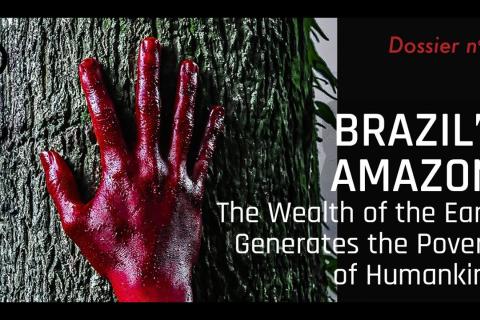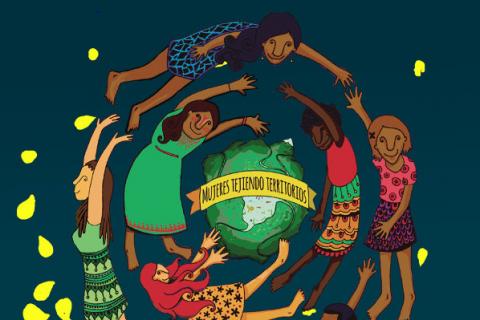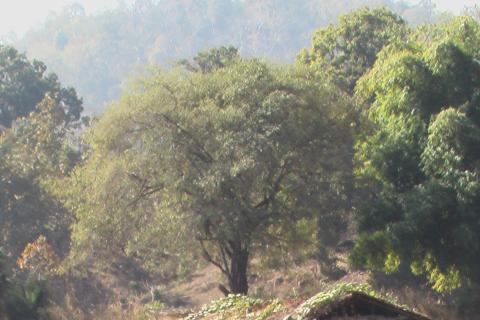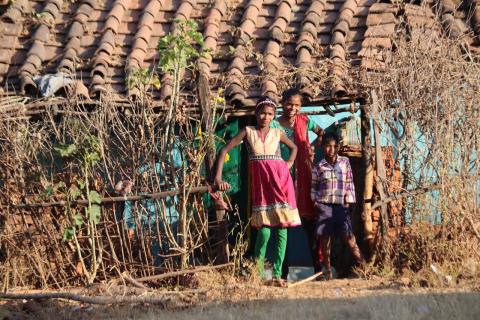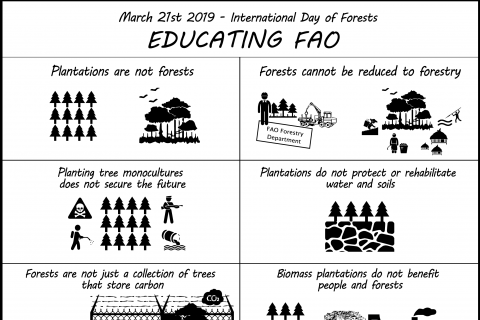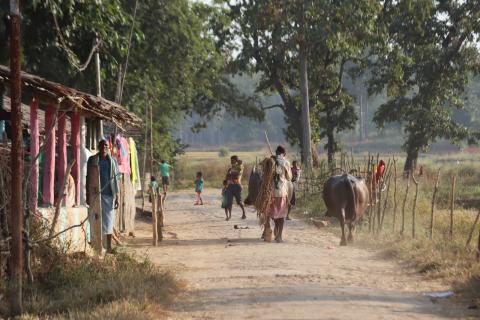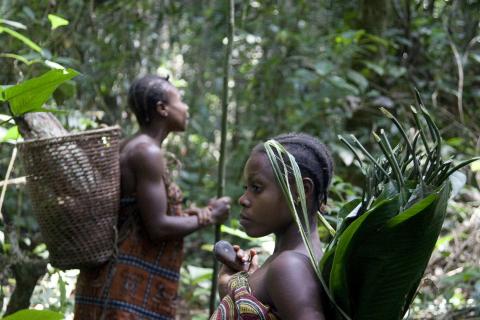As the largest rainforest in the world, the area most rich in minerals and the main biogenetic reserve of the planet, the Amazon is one of the most desirable territories for global capital.
Other information
A short documentary by Oxfam Peru shows the serious environmental and social problems that come with the expansion of monoculture tree plantations in the Peruvian Amazon. Thousands of hectares have been deforested—mainly with the cultivation of oil palm—which, in addition to affecting forests and streams, affect several native communities.
The most recent monthly bulletin of the Latin American Network of Women Defenders of social and environmental rights brings together several articles from the region that highlight the violence that the extractive model and climate change exert on women. You can read their bulletins (in Spanish) here.
Indigenous Papuans are seeing their forest being destroyed to be replaced by monoculture plantations. An interview by Mongabay news to anthropologist Sophie Chao evidenced the complex tensions between communities and the monoculture that is being imposed upon them.
A workbook created by the Biodiversity Alliance seeks to rethink the effects of the free trade agreements, as well as point out their harmful effects; since these are powerful “legal” frameworks—in parallel to national legislation—that grant corporations leeway to maneuver, while shutting out possibilities for people to access justice.
Appeal to India, to its Supreme Court, States, Party Leaders, to the NHRC, NCST and to the UN organs to protect millions forest dwellers’ Human Rights and biocultural diversity from forced evictions.
The petition to support forest dwelling communities remains open for sign-on until April 19th 2019. You can sign on here.
FAO chose Forests and Education as the theme for 2019 and underlines the importance of investing in forest education. But what does FAO mean by “forest education”?
On February 13, 2019, India’s Supreme Court passed an order that instructs state governments to evict forest dwelling communities if their claims to live in their forests have not been recognized under the Forest Rights Act (FRA). After forest movements mobilized against the order, on February 28, the Supreme Court has put on hold the evictions till next date of hearing, 24 July 2019. While the latest order by the Court brings some modicum of relief for the forest communities of India, this in no way dissipates the threat.
The NGO Survival International has an on-going petition for a new conservation that respects indigenous peoples’ rights and promotes human and ecological diversity. The aim is to reach 20,000 signatures and they need your help!
Cacique Babau, from Serra do Padeiro Tupinambá community, state of Bahia, has been suffering repeated threats against him and his family.
